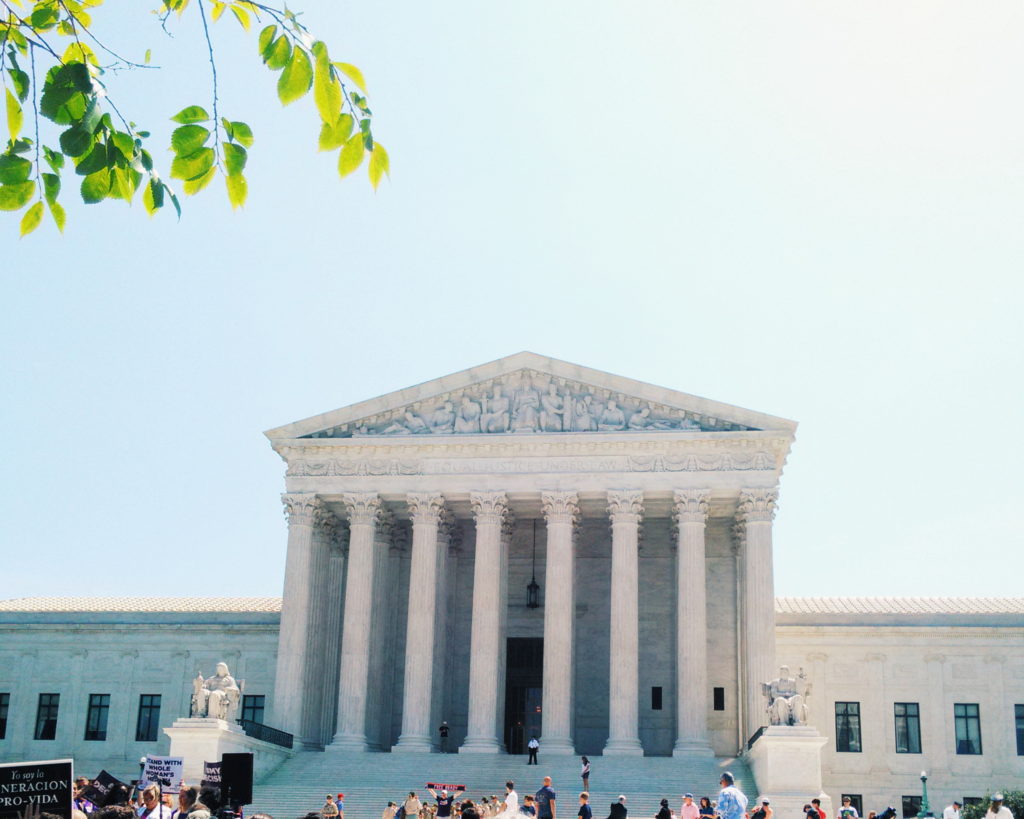Should The President Obey The Supreme Court?

Now here’s a debate you’re not likely to hear on campus.
How much power the judicial branch should have has been a contested topic in America. On November 1, the Heritage Foundation explored this idea by hosting a debate over the question of whether or not the President and Congress are required to obey the Supreme Court. Dr. Roger Pilon, the Vice President for Legal Affairs at the Cato Institute and Founding Director of the Robert A. Levy Center for Constitutional Studies, argued the affirmative and Edward Whelan, the President of the Ethics and Public Policy Center, argued the negative.
Dr. Pilon, although arguing the affirmative, is not an absolutist on the issue of judicial preeminence. He believes that there could be rare occasions when Congress and the President can justifiably disobey courts and he mentioned Jefferson and Lincoln to demonstrate this point. He argued that generally the Supreme Court should be obeyed because “…if the President or Congress or any state were free regularly to read and act on its own interpretation of the Constitution we’d have legal chaos. It would be the end of the rule of law.” Pilon thinks that the judicial system guards against “…the potential for majoritarian tyranny, which animated the Founders, the Framers, and the Civil War Amendments framers…They wrote and amended a Constitution to guard against that difficulty.” He believes that the Constitution is not on the side of those arguing against his view but on his side: “We’ve got to get back to the theory of the Constitution, to its theory of legitimacy-which is grounded not in democracy but in liberty and is manifest in the document’s text properly read.”
Whelan makes a distinction between judicial review and judicial supremacy: “Judicial review rests on the supremacy of the Constitution over ordinary statutes…” while “Judicial supremacy holds that the Constitution means whatever five Justices say that it means and that all other governmental actors are obligated to accept that.” He said: “There is a deep, irreconcilable incompatibility between the concept of Constitutional supremacy-from which judicial review flows-and the concept of judicial supremacy.”
He wants people to dispel what he sees as the judicial supremacy myth. An example of this ‘myth’ is the idea that a Supreme Court decision is the law of the land; Whelan believes that the law of the land is still technically the Constitution. He said: “I think the very existence of this myth of judicial supremacy makes it difficult for us…to explore that question (of judicial supremacy) in a serious manner. If we can dispel this we can think in a more constructive way about just when and where and how the president, members of Congress, actors in states for that matter can go about contesting Supreme Court interpretations and work to get Supreme Court decision making closer in accordance with our actual Constitution.”




